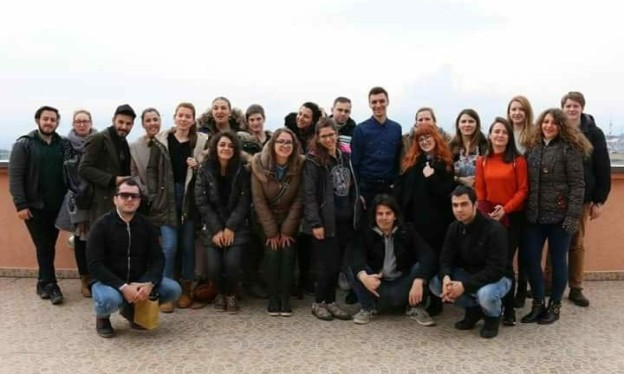We call them “Neet” (neither in employment nor in education or training) and they represent the 11.6% of the European young population.
Four letters, that unite very different situations.
Unemployed, young graduates seeking for a job or that come back from an educational experience and wait to find their place in the labor market.
Transition periods that risk becoming immobility.
Among the countries with the highest average of Neet, there’s Italy (20% of the young population). The situation is even more complex in South-East Europe countries, as Albania, Kosovo, and Bosnia-Herzegovina, where one young in three are excluded from the labor market and education system (data source: Osservatorio Balcani e Caucaso Extra-Europa).
Mitigate this threat is one of the European Union priorities: since several years, in fact, the EU has been promoting politics and programs at local, regional and extra-European level, stimulating the rise of employment opportunities and competence sharing among young on large-scale.
In the framework of these EU initiatives, the project Supporting Employability through Self Development was born, thanks to a pan-European partnership of 10 countries, to support youth workers in the development of personal and professional skills, to be spent in local and international labor markets.
The overall aim of the project is to create a learning space and practice for employability and personal development tools, methods and practices to be used by those working with young people (in any capacity: formal, non-formal, vocational, etc.) so as to support them in pursuing diverse career prospects.
Three young trainers for each partner country (Italy, Germany, Kosovo, Albania, Romania, Macedonia, Bosnia-Herzegovina, Serbia, Croatia and Bulgaria) have been selected at project beginning, to meet each other and take part into a ToT (Training of Trainers) held by Beyond Barriers association, contact point of the Erasmus+ program in South-Eastern Europe.
A seven-day training that aims at supporting employability of young through the enhancement of personal and professional skills, from basics self-awareness and communication to the capacity to relate with efficiency in multi-cultural working environments.
Learning and reflection, meeting and experience-sharing practices, that allow us to contribute to the growth of employability of young participants and their peers.
Coming back from the training, in fact, project beneficiaries themselves will arrange – with the support of partner organizations – workshop in their countries, acting as multipliers.



